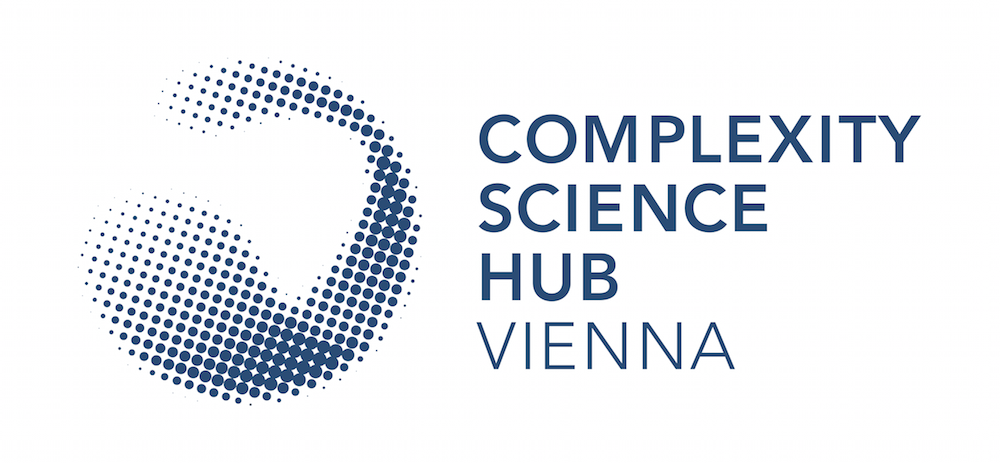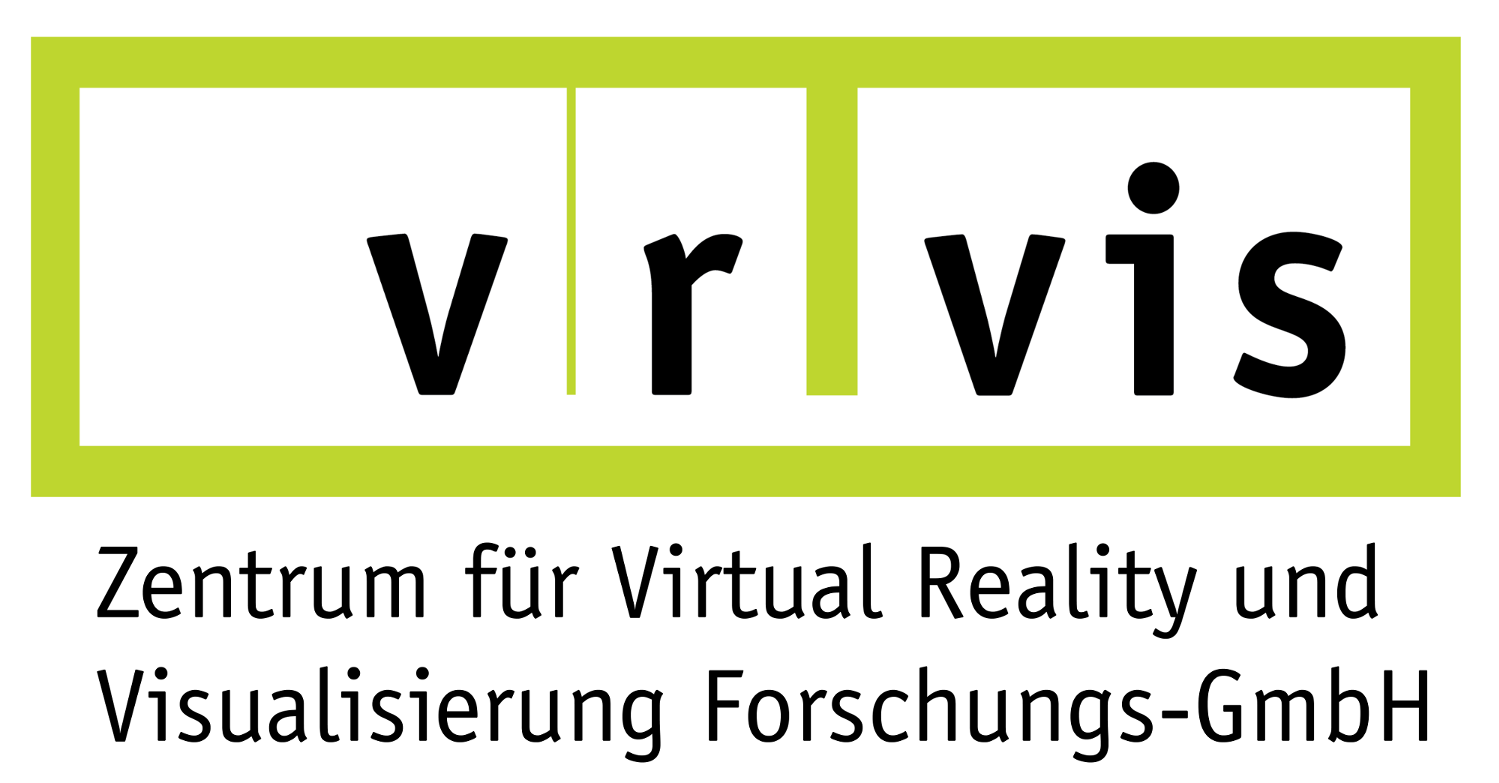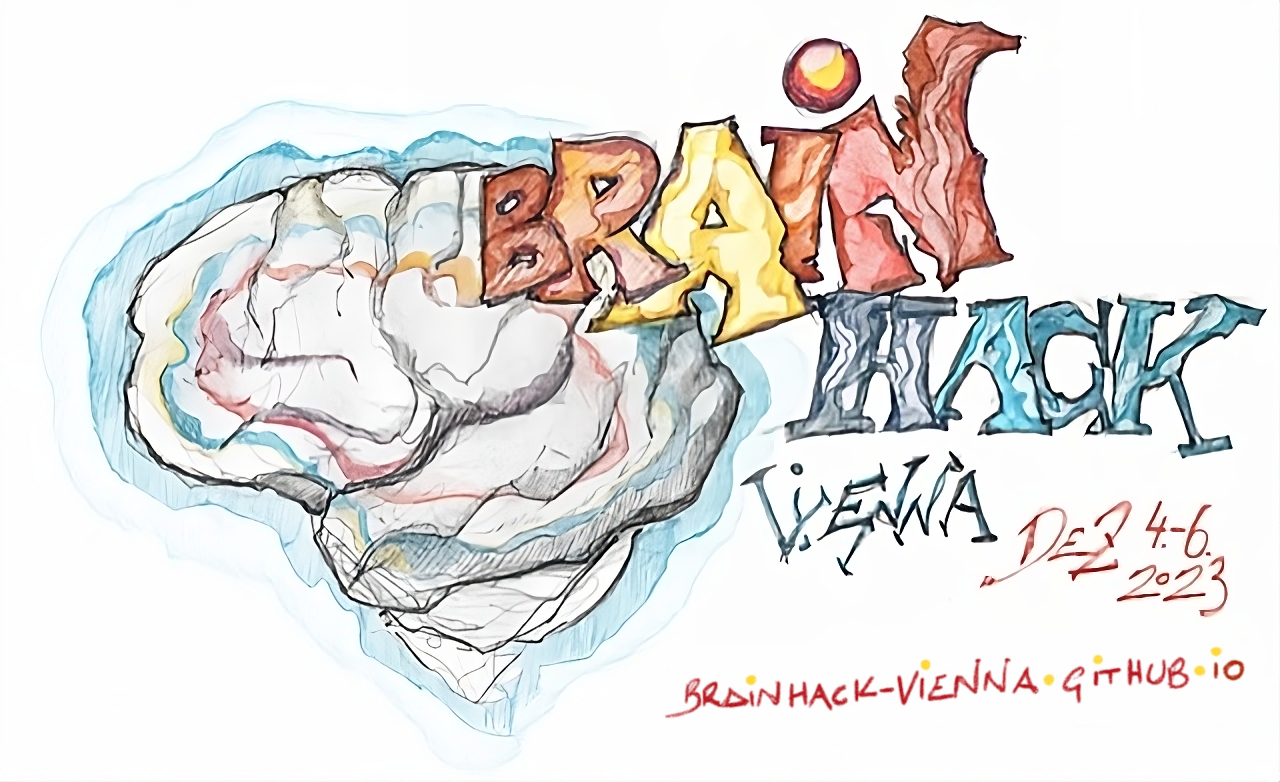
Brainhack Vienna 2023
Multimodal Changing Brains
December 4 - 6, 2023

Brainhack Vienna
Brainhack Vienna will orbit around the multi-modal changing brain theme.
We aim to bring together a diverse crowd of neuroscientists, computer scientists, neuroimaging geeks, evolutionary biologists, anthropologists and developmental scientists to tackle exciting interdisciplinary problems across the fields.
The brainhack will include unconference talks and lots of hacking on various datasets, dataset mergers and non-coding projects.
Registration
Participation will cost 70€ to cover breakfast, lunch, coffee breaks and social dinner.
Schedule (tentative)
Location
Complexity Science Hub Vienna
Josefstädter Straße 39
1080 Wien
Example Projects
Coding and Non-Coding Projects welcomed
How to link our microbiome to personality?
The ocean rest study combines multi-dimensional data from brain scans (MRIs), and the information on personality (OCEAN) as well as on the gut microbiome (taxonomy and functional capacity) and metabolomics. The aim would be to train a computer to learn co-associations of the microbial composition and its metabolites with brain states / connectomes, behavior and other metadata categories.
Contact: Florian Ph.S Fischmeister
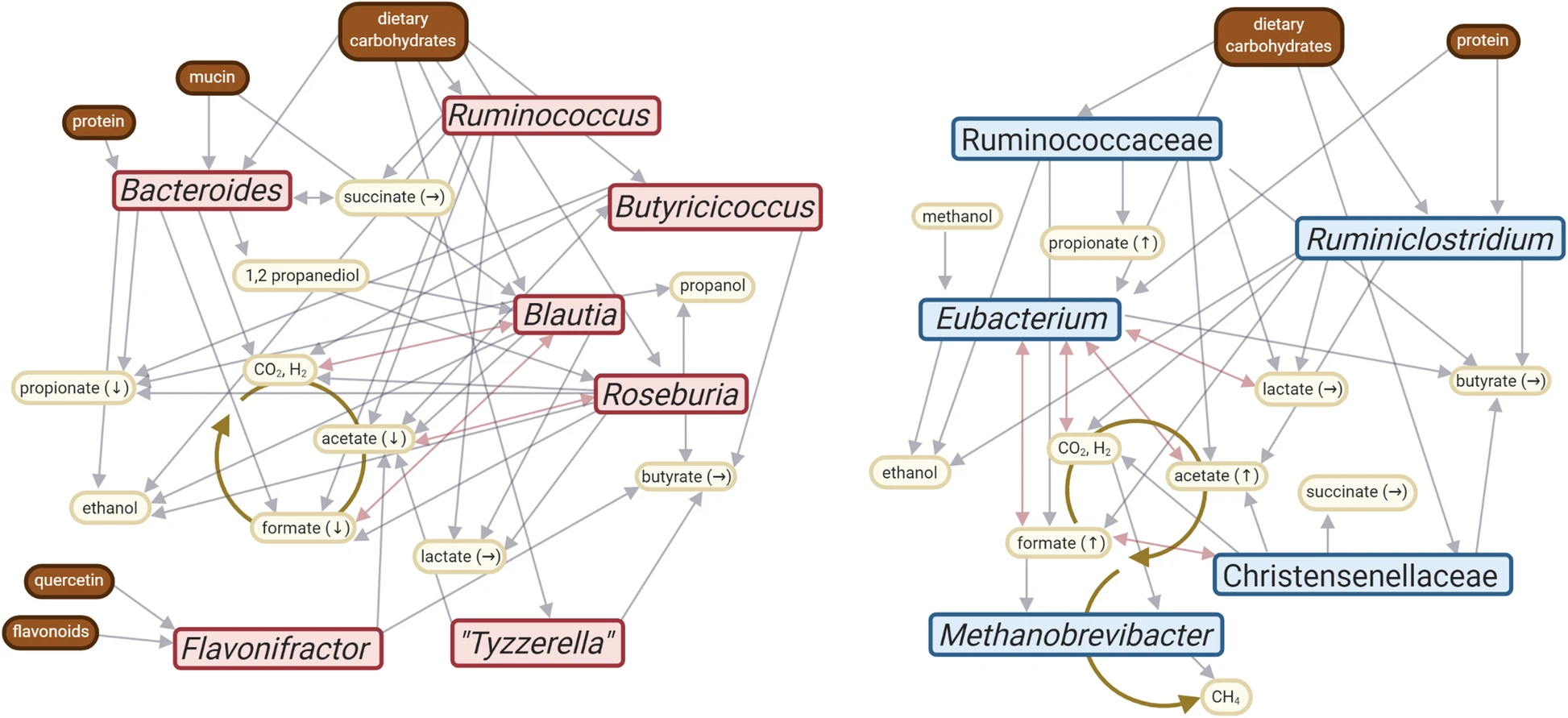
Multimodal Lymphoma Survival Prediction
The goal of this project is to create a lymphoma survival prediction model by leveraging multi-modal brain data. Specifically, the project utilizes brain MR imaging data (T1 and T2) with pixel-wise segmentation, along with DNA methylation profiles of the tumor.
Contact: Konstantin Miloserdov & Ivana Janickova
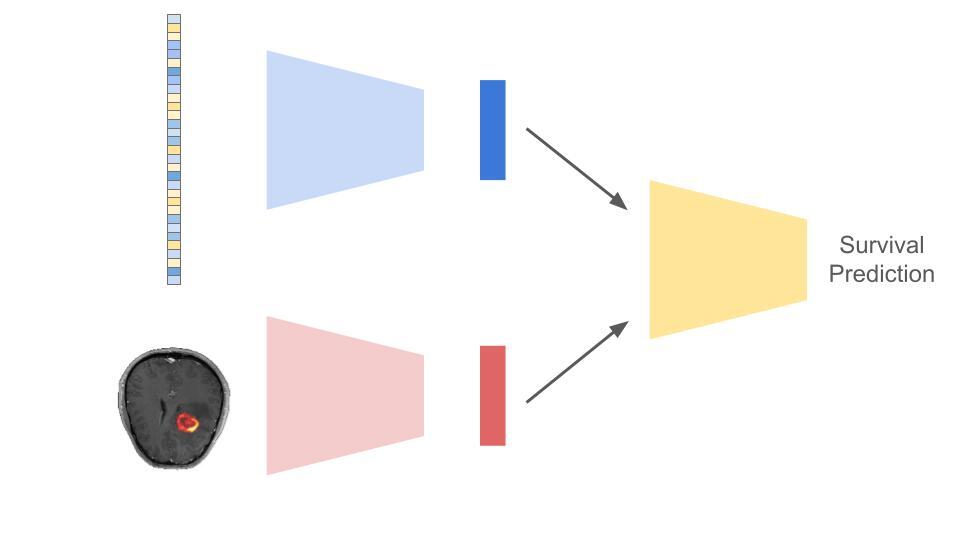
BrainTrawler
The aim of this project is the development of a web-based visual analytics framework for inter-active mining of large scale data collections of various kinds of spatial neurobiological data.
Contact: Bianca Burger
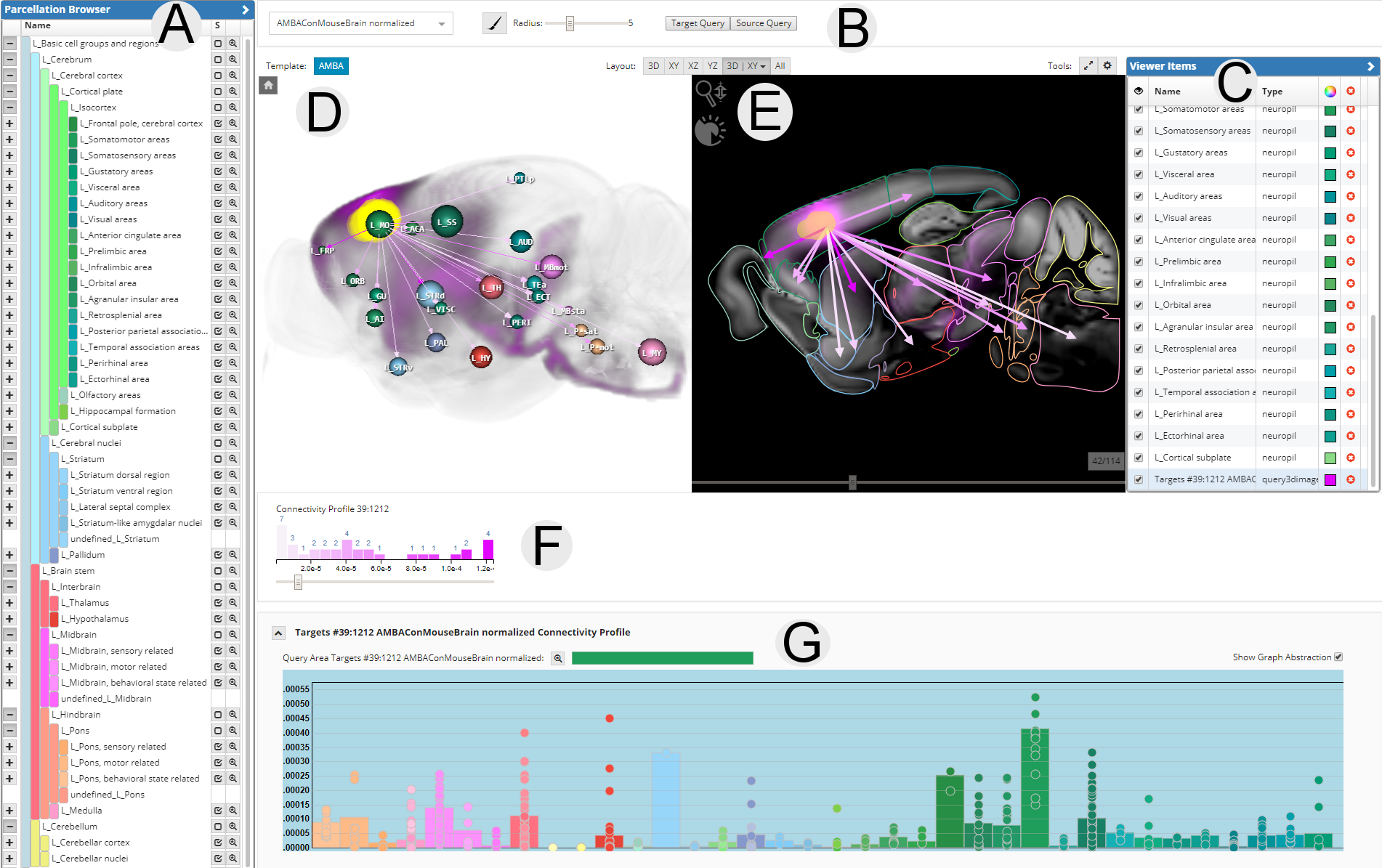
A Visit of Narrenturm
The Narrenturm (Fool's Tower) in Vienna is continental Europe's oldest building for the accommodation of psychiatric patients. Built in 1784, it is next to the site of the old Vienna General Hospital, and is now home to the Federal Pathologic-Anatomical Museum Vienna
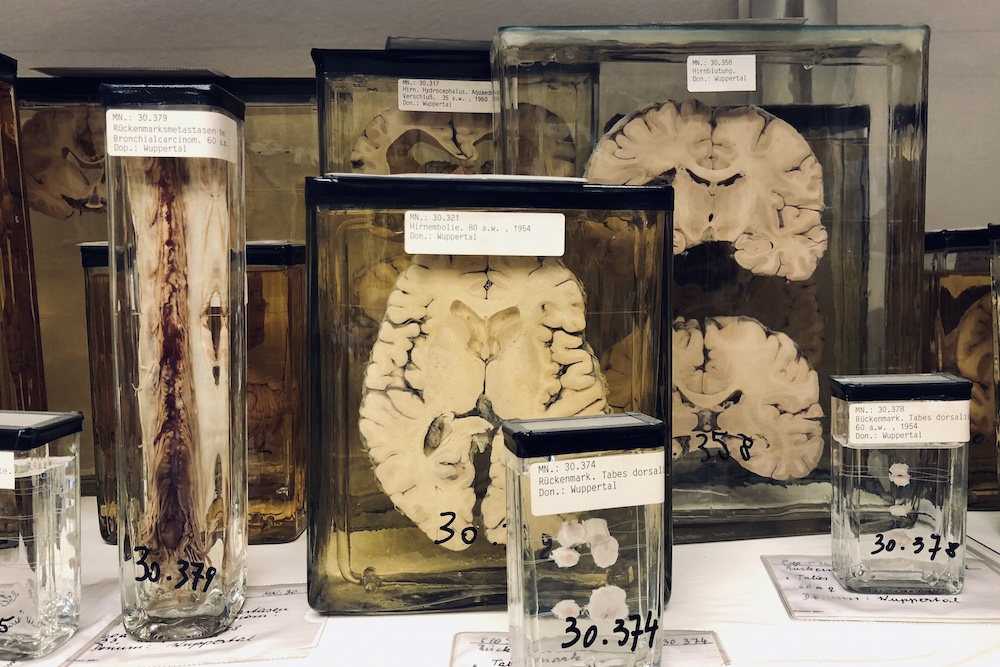
Information
What is a Brainhack?
"These collaborative workshops combine elements of Hackathons and Unconferences, with a variety of educational activities, to accelerate the adaptation of data science and computational methods in Neuroscience. Much of the conference is allocated to open working time during which attendees are encouraged to work together in interdisciplinary teams on projects that utilize computational techniques to solve problems in neuroscience. Periodic unconference sessions provide an opportunity for attendees to share their expertise on topics that become relevant through the course of the event."
https://www.brainhack.org
Who can participate?
Everyone is invited to participate! Brainhack events welcome researchers from every academic background and career stage interested in the brain. Each local event is encouraged to accept participants from diverse backgrounds. Although previous knowledge of neuroscience analysis software tools and methods is beneficial, it is not a requirement, and participation in Brainhack events can take on many forms. If you want to get involved, there’s a place for you.
Do I have to propose a project?
It is not obligatory to propose a project. But you often get more out of a brainhack if you propose your own project. Coding and non-coding projetcs are welcomed!
Get in Touch
-
brainhack.vienna (at) gmail.com
-
Local organizers
Georg Langs
Roxane Licandro
Konstantin Miloserdov
Bianca Burger
Florian Fischmeister


